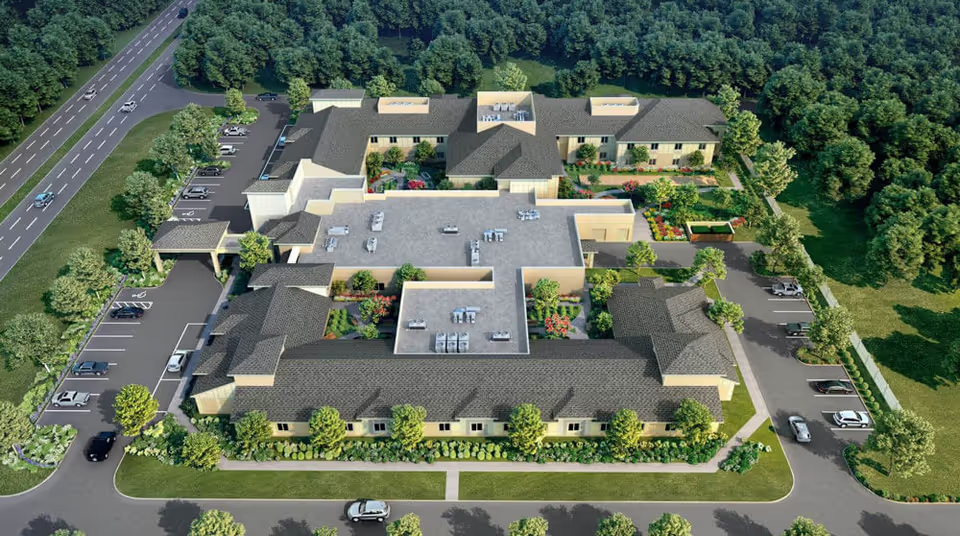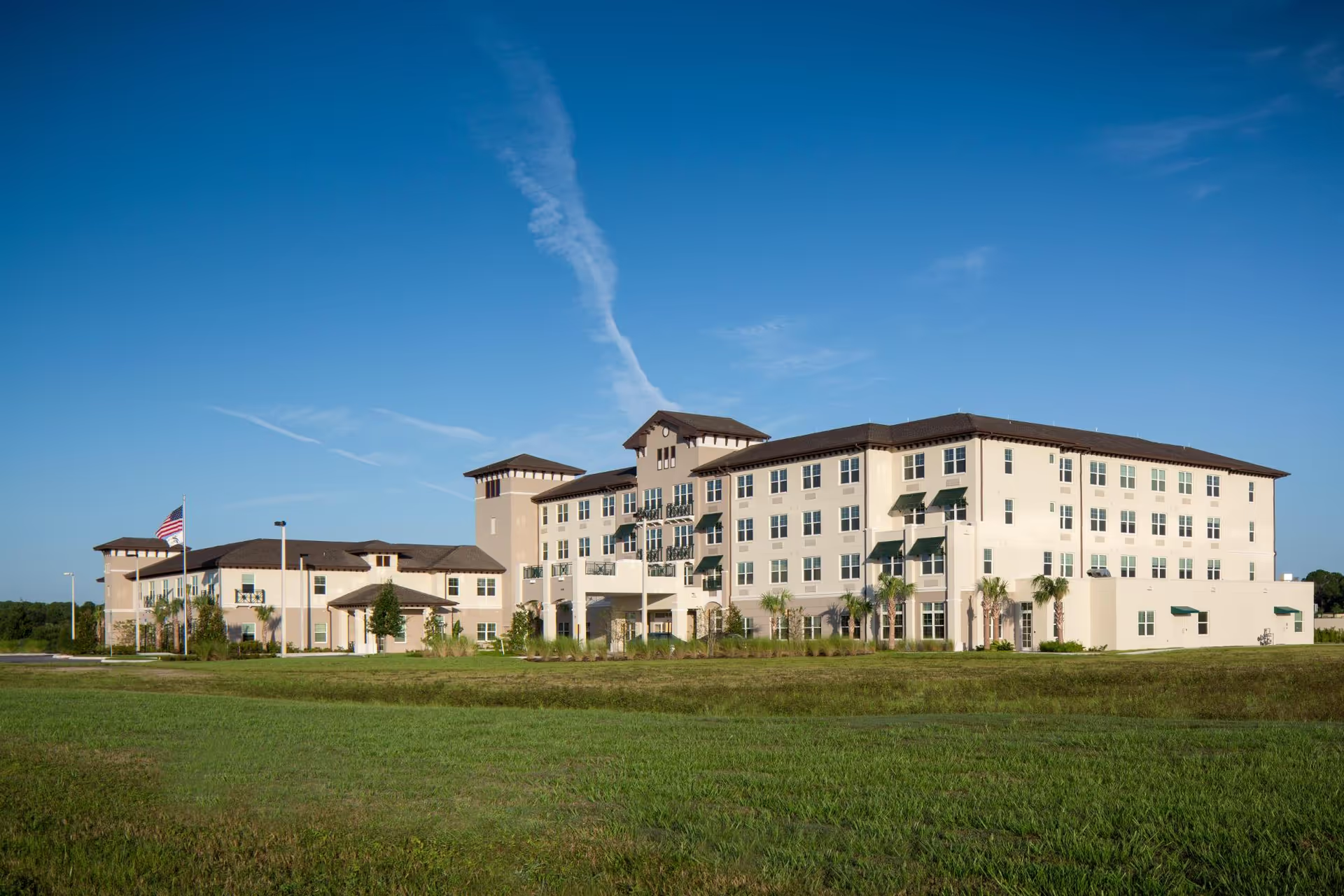Overall sentiment: Reviews of Bonterra Transitional Care and Rehabilitation are highly polarized, ranging from strongly positive accounts praising specific caregivers and cleanliness to severe, sometimes alarming complaints describing neglect, unsafe medication practices, infestations, and poor administration. There is a clear pattern of inconsistent performance: many reviewers praise individual staff members and certain units or time periods, while other reviewers report significant safety, hygiene, staffing, and management failures.
Care quality and safety: A dominant theme is inconsistent care. Positive reviews describe attentive personal care, good medication management, effective rehab and long-term relationships between staff and residents. Several reviewers named specific caregivers (Ms. Jackie, Ms. Katrina, Ms. Rochelle, Ms. Gwen) as exemplary. Contrastingly, numerous reviews allege dangerous lapses: medication errors (including an account of inappropriate administration of chemo pills), failure to monitor vital signs, delayed or absent responses to acute deterioration (reports of delirium, fever, and near-fatal outcomes), and incomplete or poorly kept medical records. Multiple reviews describe residents left unattended for long periods, delayed feeding or changing, and therapy that was inadequate or not completed; some families reported mobility decline after prolonged stays. These reports raise recurring concerns about clinical oversight, medication safety, and consistent delivery of therapeutic services.
Staff behavior and staffing levels: Reviews consistently cite extremes in staff behavior. Many families describe nurses and aides as rude, unprofessional, or uncaring; there are reports of gossiping, dismissive attitudes from leadership (including the D.O.N. in one account), and a hostile environment affecting morale. Staffing shortages and minimal staffing levels are frequently mentioned, with weekends described as particularly problematic. Conversely, other reviewers report warm, communicative, and dedicated staff who engage families and provide compassionate care. This bifurcation suggests that resident experience may depend heavily on which staff are on duty and the unit or shift involved.
Facilities and cleanliness: Accounts of the physical environment are mixed but include serious negative allegations. Some reviewers report a very clean, spacious, and comfortable facility with clean rooms and an environment suitable for family visits. However, many other reviewers describe unclean conditions—residents not bathed, dirt on the body, soiled linens, and reports of infestations (roaches, bedbugs) and mold. There are also mentions of facility security problems (break-ins) and issues affecting resident comfort (cold rooms due to open windows) and accessibility (lack of handicap showers). These conflicting reports point to uneven maintenance and infection-control practices across the facility.
Dining and therapy services: Dining is another polarized area. Positive mentions are rare, while many reviewers complain about repetitive, low-quality meals (examples noted include hot dogs and coleslaw), cold food, and limited menu variety. Therapy/rehab services are described as effective by some families but inadequate or incomplete by others; specific reports of physical therapy not being provided or goals not met were linked to declines in mobility for certain residents.
Administration, communication, and management: Administrative issues emerge repeatedly. Complaints include unavailability of administrative staff, inattentive front-desk service, delays in transferring or completing medical records, billing difficulties, and poor responsiveness to family complaints (including a lack of apologies). Some reviewers report chaos and disorganization, while others note that administration has made improvements and changes. This suggests variability over time or across departments, with some families seeing positive administrative engagement and others experiencing frustration and lack of transparency.
Activities, social life, and location: Positive reviews consistently highlight social activities, engagement, and religious/church services as strengths. Several reviewers specifically mentioned that residents appeared engaged, smiling, and involved in activities. The facility's location close to family was also noted as an advantage by multiple reviewers.
Security, personal property, and interpersonal issues: Multiple reviews raise security-related concerns: reports of theft or missing clothes, resident fights, and break-ins on the first floor. Overcrowding and shared rooms were also cited as issues that can compromise privacy and safety. These reports, combined with allegations of poor staff oversight, contribute to perceptions of an unsafe environment for some families.
Notable patterns and implications: The reviews collectively portray a facility with significant variability in resident experience. Positive feedback tends to emphasize particular personnel and specific units or timeframes, while negative feedback highlights systemic issues: staffing shortages, poor infection control, medication and documentation errors, and weak administration/communication. Several severe allegations (medication misadministration, near-fatal neglect, infestations) appear alongside accounts of genuinely good care, indicating that quality may depend heavily on individual caregivers, shifts, or management responsiveness. Prospective residents and families should view these reviews as evidence of inconsistent performance and consider seeking up-to-date information on staffing levels, recent inspection results, pest control measures, medication safety protocols, therapy schedules, and unit-level conditions.
In summary: Bonterra Transitional Care and Rehabilitation receives both heartfelt praise for specific staff and concerning reports of poor care, safety lapses, and facility problems. The most frequent positive themes are caring named staff, cleanliness reports, good communication with families, and active programming. The most frequent negative themes are rude or absent staff, medication and record-keeping errors, inadequate therapy, poor food, hygiene and pest problems, and administrative failures. The overall picture is mixed and highly dependent on the reviewer’s experience; the reviews recommend careful, up-to-date assessment of the facility before placement and close monitoring if a loved one is admitted.







